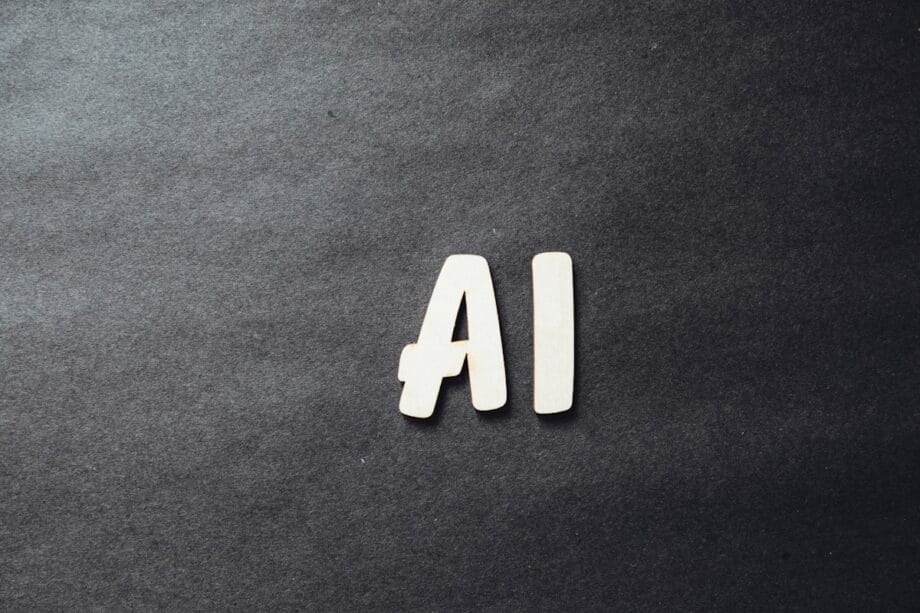Santa Rosa Junior College Hosts Debate on the Future of Artificial Intelligence
The English department at Santa Rosa Junior College organized a provocative screening titled “Will A.I. Save Us — or Destroy Us? | A Free Press Debate” on October 29, 2025. This event formed part of the department’s esteemed Works of Literary Merit series.
English instructor Jake Aharonian, who has been a faculty member since 2009, urged students to grapple with the complexities surrounding the future of artificial intelligence during this engaging presentation at Newman Auditorium.
By showcasing a video from the Free Press Debate YouTube series, Aharonian aimed to spark critical discussions among students about the multifaceted implications of A.I.
This particular debate featured insights from journalist and author Nicholas Carr alongside computer scientist and philosopher Jaron Lanier, both of whom posited that the essence of truth may not endure in an age defined by A.I.
In the video, Carr articulated his perspective on truth as a vital social construct, stating, “To delve into the future of truth necessitates an examination of A.I. technology and its sociocultural ramifications.”
Lanier invoked the Turing Test — a seminal evaluation of a machine’s capacity to exhibit human-like intelligence — to underscore humanity’s vulnerability to deception, asserting that A.I. could exploit this frailty.
“There’s an overwhelming sense that we are careening toward a wall of confusion and disarray,” he remarked.
Countering these somber prognostications, Aravind Srinivas, CEO and co-founder of Perplexity, and Fei-Fei Li, co-director of Stanford’s A.I. institute, articulated a more optimistic viewpoint.
They argued that A.I. can enhance our understanding of reality and that truth stands poised to prevail despite technological advancements.
Srinivas characterized A.I. as a formidable tool to be harnessed, emphasizing that its development stems from humanity’s innate curiosity to discover truths and resolve challenges.
Li presented two personal anecdotes to challenge Carr’s assertions: her child’s inquiry about Pokémon that stumped her and her anxieties regarding the safety of her immigrant parents when she was away. In both scenarios, she had turned to A.I. for assistance.
“In this human-centered paradigm, A.I. transforms from adversary to ally. If we choose to embrace it, A.I. elevates rather than replaces us; it is humanity that seeks the truth, employing A.I. to do so,” Li contended.
This event was part of the department’s annual Work of Literary Merit, where students engage with selected literary texts to foster enriched class discourse. This year’s focus was Aldous Huxley’s “Brave New World.”
Aharonian acknowledged that while the dialogue surrounding A.I. diverges from “Brave New World,” it nevertheless aligns with emerging paradigms of forward-thinking.
While Aharonian is open to leveraging A.I. for synthesizing ideas and information in his teaching, he firmly opposes its use in essay composition.

“If there’s any suspicion that A.I. or ChatGPT has been employed, I will inevitably cross-reference the content via three different detection platforms. Should the average A.I.-generated content exceed 60%, that assignment will incur a failing grade,” he declared.
He expressed concerns that, even though A.I. may function as a helpful ally, it risks stifling individual creativity and cognitive processes.
In addition to the Free Press Debate, English instructor Karen Walker will present “Somatized: Brave New World & an Anxious Generation” on November 5 at 5 p.m. in Newman Auditorium. Aharonian’s forthcoming talk, “Worldview and Speculative Fiction,” is slated for noon on November 19 in the same venue.
Source link: Theoakleafnews.com.






